Our transition qualities
The EBRD exists to promote the transition to a market economy through investment, technical assistance initiatives and policy dialogue. We believe that a sustainable, well-functioning market economy must be competitive, well governed, green, inclusive, resilient and integrated. All Bank projects seek to foster one or more of these six transition qualities.
Competitive
Helping economies to be more competitive lies at the heart of the EBRD mission. Bank projects promote market structures that support innovation, ensure competition between firms, build the capacity of companies to generate value and foster a business environment that incentivises commercially sound decision-making.
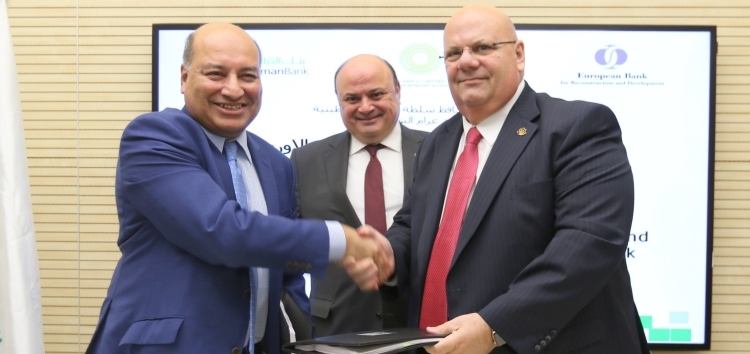
Investing in the West Bank and Gaza
A US$ 5 million loan (€4.4 million equivalent) to Cairo Amman Bank Palestine will increase access to finance for micro, small and medium-sized enterprises in the West Bank and Gaza. These businesses make up 95 per cent of the local economy and are vital for employment and growth.
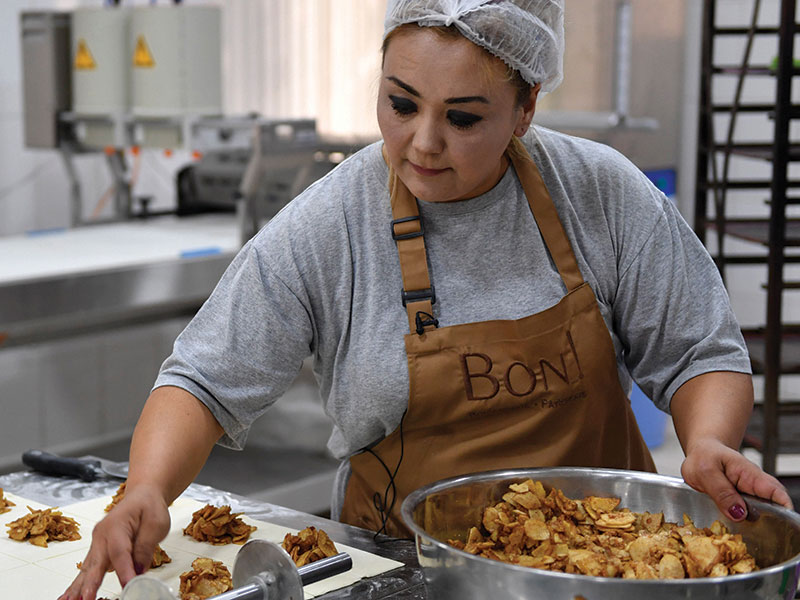
Financing boost for Uzbek private sector
A loan worth the local currency equivalent of €4.4 million will fund a credit line for small businesses by the privately owned DAVR Bank. By improving access to finance for SMEs, the project will foster the development of a strong, competitive private sector in Uzbekistan. DAVR Bank will receive technical assistance supported by South Korea.
Kosovo telecoms firm takes on competitors
Kujtesa, an independent provider of cable TV, broadband and other internet services in Kosovo, will use a €12 million loan to finance its ambitious expansion plans. The financing will encourage competition in the telecommunications sector by supporting a challenger to the country’s biggest companies.

Polish biotech leader raises growth funds
Mabion will use the private sale of shares to finance the expansion of its production capacity and the development and commercialisation of a drug that has the potential to treat various cancers and rheumatoid arthritis. The Bank purchased a 4.92 per cent stake in the biotechnology company for PLN 61.4 million (€14.3 million equivalent).
Well governed
Improving governance and increasing transparency are vital in order for economies in the EBRD regions to attract foreign capital and compete effectively on the world stage. Through investment and policy engagement, the Bank enhances the quality of state and private institutions and helps them to work well together.
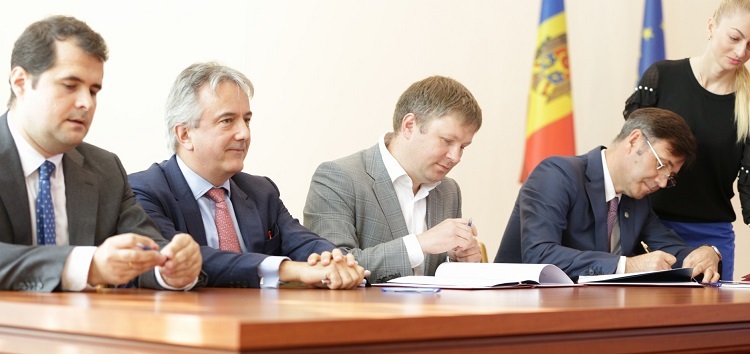
Increasing transparency in Moldova’s banking sector
The EBRD joined forces with two private equity firms to buy a 41.09 per cent stake in Moldova Agroindbank, the country’s largest commercial bank. As well as modernising the bank’s operations, the new shareholders will introduce high standards of corporate governance, thereby helping to make the Moldovan banking sector more transparent.
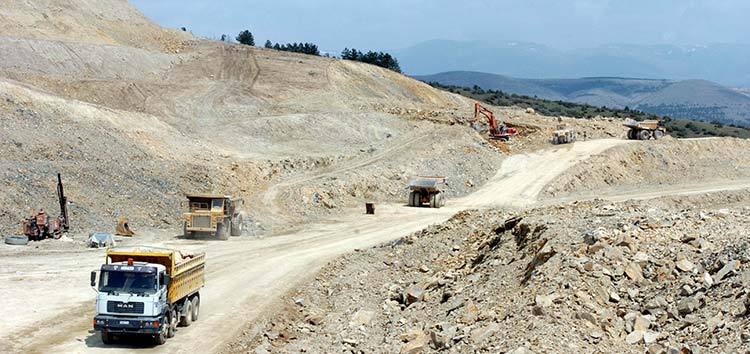
Road operator improves governance
Enhanced disclosure for Turkish listed companies
The Capital Markets Board, which supervises financial markets in Turkey, adopted regulatory instruments to ensure higher-quality disclosure by listed companies. The EBRD’s legal experts contributed to the development of these instruments, which will also give the Board a more active role in monitoring issuers’ compliance with the country’s Corporate Governance Principles.
Inclusive
In order for growth to be sustainable over the long term, previously under-served social groups require access to economic opportunities such as jobs, training and financing. The EBRD fosters the inclusion of women, young adults and people living in economically less-developed regions.
Kazakh mining and energy industry tackles gender disparity
Two mining companies and an oil and gas producer will use EBRD loans to address barriers that women face seeking work in Kazakhstan’s extractive industries. The Bakyrchik Mining Venture, a gold-mining concern, Voskhod Chromium and KazPetrol will also promote youth inclusion, as well as making operational and environmental improvements. The EBRD has allocated up to US$ 1 billion (€873 million equivalent) for energy and natural resource projects in Kazakhstan that foster inclusion.
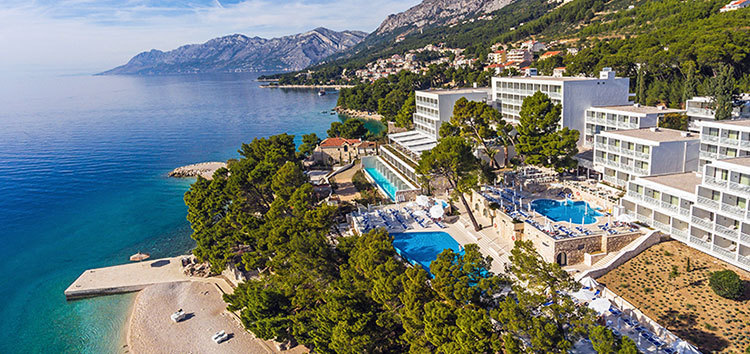
Croatian resort chain promotes inclusive tourism
An €18.25 million loan to Sunce Koncern, part of a syndicated loan of €73 million, will help the Croatian tourism company to restructure its balance sheet and finance future investment. The project, signed under the EBRD Inclusive Tourism Framework for the Eastern Mediterranean, features donor-funded initiatives to boost employment for young people and women.
Green
The EBRD invests in climate finance and in projects that promote resource efficiency and resilience to the effects of global warming. Under its Green Economy Transition approach, the Bank seeks to increase the volume of its green financing to 40 per cent of Annual Bank Investment by 2020.
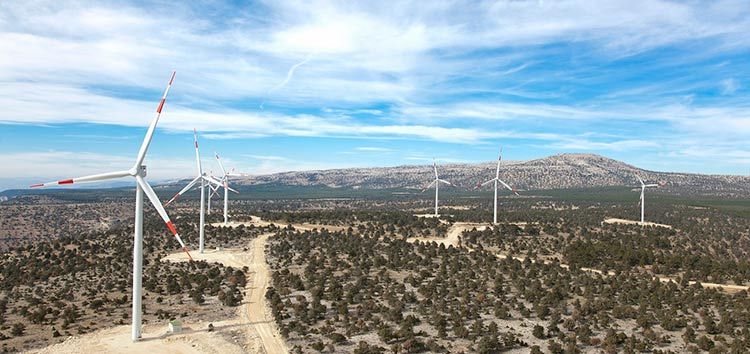
Renewable energy gains momentum in Turkey
A financing package worth up to US$ 102 million (€89 million equivalent) will support the construction of four wind farms and nine solar power plants by the renewable energy arm of the Turkish conglomerate Akfen Holding. Together these will have a generation capacity of 327 MW – the largest addition to Turkey’s renewable power sector financed in a single transaction.
Egyptian oil refinery shrinks carbon footprint
The Suez Oil Processing Company will use a US$ 200 million (€174.6 million equivalent) loan to invest in major energy efficiency improvements at its refinery in northern Egypt. These should cut emissions by 297,000 tonnes of CO2 equivalent, save 305,000 MWh of energy annually and reduce water usage.
Green cities fight climate change
Cities account for 75 per cent of worldwide greenhouse gas (GHG) emissions. EBRD Green Cities, a programme that supports sustainable urban planning and investment, is central to Bank efforts to curb climate change. Under the initiative in 2018, the EBRD invested €265 million in 10 projects which together are expected to reduce GHG emissions by 319,000 tonnes annually. Donors help to fund the action plans that are the centrepiece of EBRD Green Cities and other aspects of the programme.
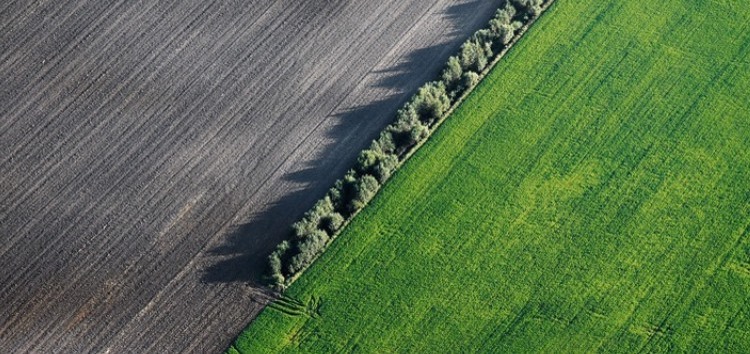
First equity investment in organic food
An €8.9 million investment in Auga Group, a Lithuanian company that grows, processes and sells organic food, will help the firm to increase its efficiency and expand into dairy and poultry farming and the production of more profitable, ready-to-buy packaged foods. Auga Group will also invest in innovative green technologies, including the construction of a biogas production plant.
Integrated
EBRD investment and policy engagement foster improvements to energy, information technology and transport networks. They help to develop internal markets, encourage cross-border trade and investment and support harmonisation with international norms. Well-integrated economies are better at engaging in commerce and generating growth and jobs.
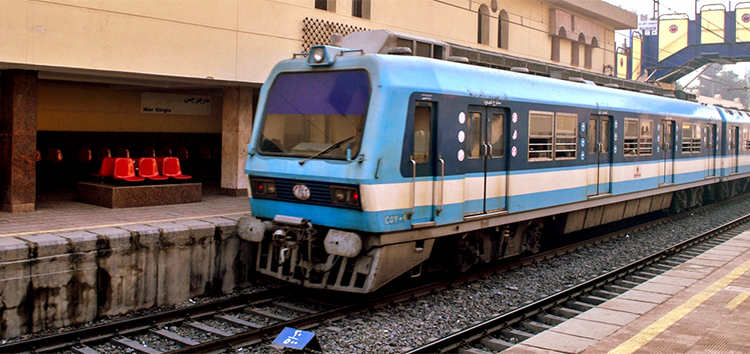
Cairo Metro upgrade to benefit millions
A €205 million loan will help finance urgently needed improvements to Line 1, which is the backbone of the Cairo Metro and serves 500 million passengers a year. As well as increasing capacity and cutting congestion, the project will help to create valuable on-the-job training opportunities for young people.
€500 million loan for Trans Adriatic Pipeline
The EBRD is helping to finance the construction of an 878 km gas pipeline between the Greek–Turkish border and southern Italy. It will form part of the Southern Gas Corridor, which will facilitate gas exports from the Caspian region and strengthen the resilience of the energy sector in south-eastern Europe.
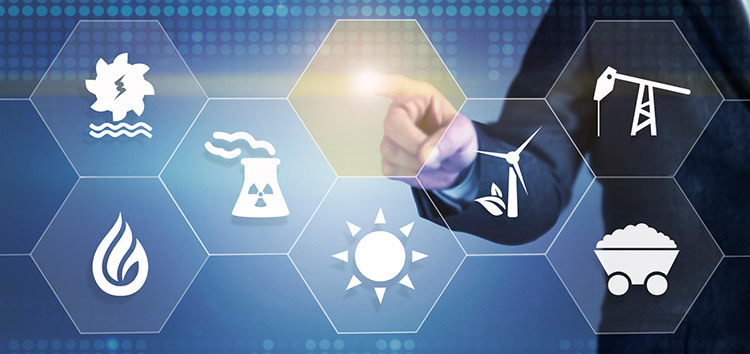
Greek energy exchange helps market integration
The establishment of the Hellenic Energy Exchange, which the EBRD supported by purchasing a 20 per cent stake in the trading platform, is central to Greece’s adoption of the EU target model for energy markets. The exchange will stimulate domestic competition and pave the way for greater regional integration by facilitating market coupling with the country’s neighbours.
Resilient
EBRD projects boost resilience by fostering a strong financial sector, macroeconomic stability, energy and food security and economic diversification. Promoting the use of local currencies and the development of capital markets also helps countries to resist shocks and avoid excessive volatility.
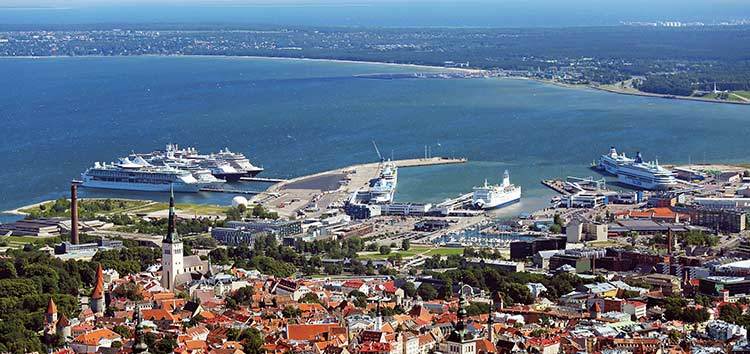
Port of Tallinn listing fortifies capital market
The acquisition of a 3.6 per cent shareholding in Estonia’s biggest port authority will contribute to local capital market development and the resilience of the economy. The Port of Tallinn listing was the largest on the NASDAQ Tallinn Stock Exchange in a decade. EBRD policy dialogue supports the company’s adoption of a corporate governance action plan.
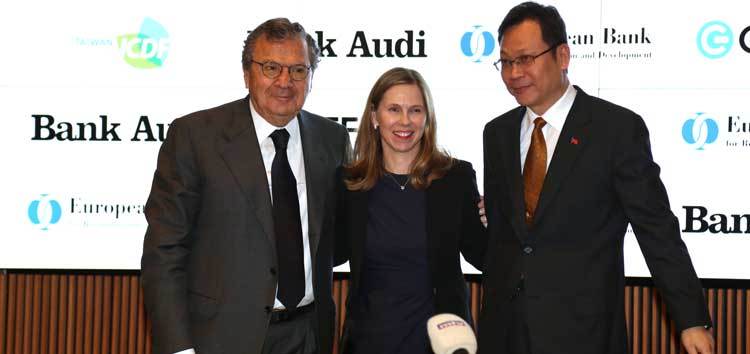
Bank signs first project in Lebanon
An equity investment in Bank Audi will strengthen the capital base of a key player in the financial sector of Lebanon, the southern and eastern Mediterranean region and Turkey. The EBRD also provided a US$ 90 million (€79 million equivalent) loan, complemented by US$ 10 million (€9 million equivalent) in donor funding from Taipei China, for on-lending to Bank Audi customers for environmentally friendly projects.


